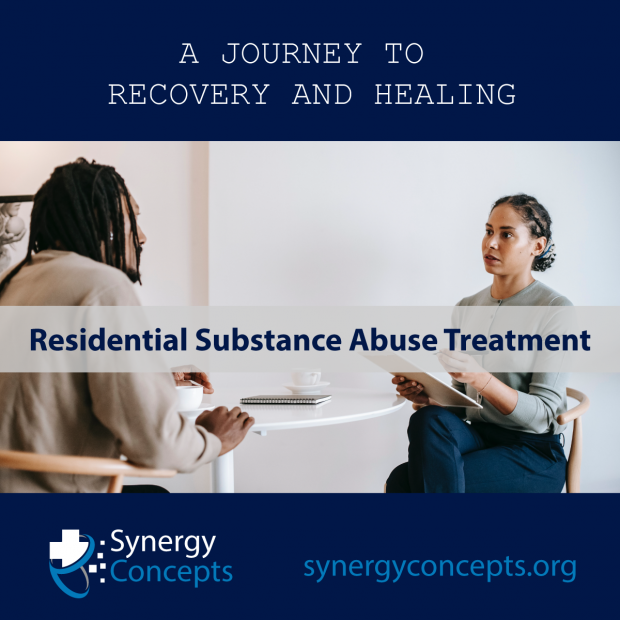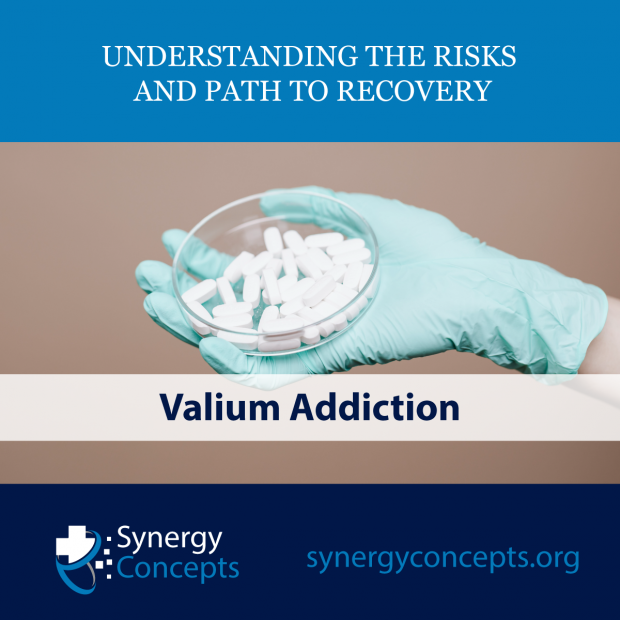Substance abuse is a complex issue that affects millions of individuals and their families worldwide. For those struggling with addiction, residential substance abuse treatment programs offer a comprehensive and supportive environment to break free from the cycle of addiction. In this blog post, we will explore the benefits and key components of residential substance abuse treatment, highlighting its role in promoting long-term recovery and healing.
Understanding Residential Substance Abuse Treatment
Residential substance abuse treatment, also known as inpatient rehab, provides individuals with a structured and immersive environment to address their addiction. Unlike outpatient programs, residential treatment requires individuals to live at the facility for a specific duration, typically ranging from 30 to 90 days or longer, depending on the severity of the addiction.
Key Components of Residential Treatment
- Medical Detoxification
- Individualized Treatment Plans
- 24/7 Support and Structure
- Peer Support and Community
- Dual Diagnosis Treatment
1. Medical Detoxification
Many individuals entering residential treatment require medical detoxification to safely manage withdrawal symptoms. Under the supervision of medical professionals, detoxification helps cleanse the body of substances and prepares individuals for the next phase of treatment.
2. Individualized Treatment Plans
Residential treatment programs develop personalized treatment plans tailored to each individual’s unique needs. These plans may include a combination of individual therapy, group therapy, family therapy, and holistic approaches such as art therapy, yoga, or meditation.
3. 24/7 Support and Structure
One of the significant advantages of residential treatment is the round-the-clock support and structure it provides. Trained professionals are available to offer guidance, monitor progress, and address any challenges that may arise during the recovery journey.
4. Peer Support and Community
Residential treatment fosters a sense of community among individuals going through similar struggles. Group therapy sessions and shared living spaces create opportunities for peer support, empathy, and connection, which can be instrumental in the recovery process.
5. Dual Diagnosis Treatment
Many individuals struggling with substance abuse also have underlying mental health conditions. Residential treatment programs often offer dual diagnosis treatment, addressing both addiction and co-occurring disorders simultaneously to ensure comprehensive care.
Benefits of Residential Substance Abuse Treatment
- Intensive Focus on Recovery
- Safe and Supportive Environment
- Professional Guidance and Expertise
- Long-Term Relapse Prevention
1. Intensive Focus on Recovery
Residential treatment allows individuals to step away from their daily routines and focus solely on their recovery. By removing distractions and triggers, individuals can fully immerse themselves in the healing process.
2. Safe and Supportive Environment
Residential treatment provides a safe and supportive environment where individuals can explore the root causes of their addiction, develop coping mechanisms, and learn essential life skills to maintain sobriety.
3. Professional Guidance and Expertise
Trained professionals, including therapists, counselors, and medical staff, play a crucial role in residential treatment. Their expertise and guidance help individuals navigate the challenges of addiction, develop healthy coping strategies, and build a foundation for lasting recovery.
4. Long-Term Relapse Prevention
Residential treatment equips individuals with the tools and skills necessary to prevent relapse in the long run. Through therapy, education, and aftercare planning, individuals learn strategies to manage triggers, cope with stress, and build a strong support network.
Residential substance abuse treatment offers a comprehensive and supportive approach to overcoming addiction. By providing a structured environment, personalized treatment plans, and round-the-clock support, residential treatment programs empower individuals to break free from the cycle of addiction and embark on a path of recovery and healing. If you or someone you know is struggling with substance abuse, consider exploring residential treatment as a viable option for a fresh start and a brighter future.
Remember, there is always hope, and recovery is possible!
Check out our substance abuse treatment center partners in your area!













Leave a Reply